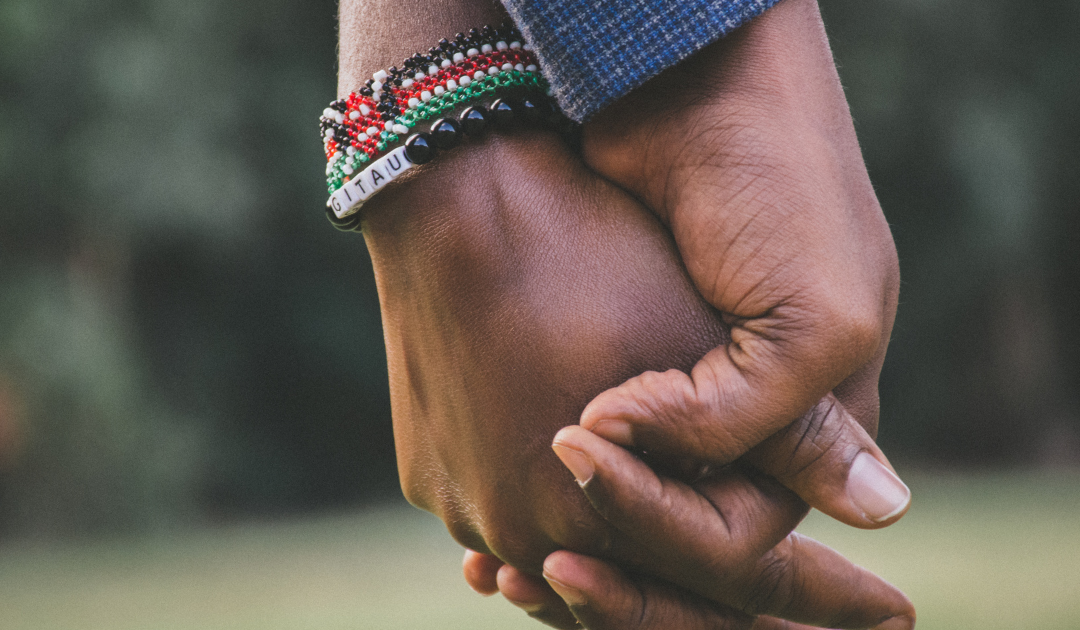Dating can be an exhilarating adventure, filled with the promise of new connections and exciting possibilities.
But for many of us, it can also be a minefield of anxiety, self-doubt, and uncertainty. It’s like riding a rollercoaster – one moment you’re soaring high on excitement, the next you’re plummeting into a pit of self-doubt.
The constant swiping, messaging, and first-date jitters can leave even the most confident person feeling overwhelmed.
We’ve all been there – that nervous flutter in your stomach before a date, the endless scrolling through dating apps, or the fear of rejection looming over every interaction.
It’s normal to feel anxious about putting yourself out there, especially in today’s fast-paced dating world.
Let’s explore the reasons behind this common experience and discover strategies to help you navigate the emotional rollercoaster.
Why does dating make me so anxious?
Dating anxiety is like that uninvited guest who shows up when you least expect it.
It can creep in from all sorts of places. Maybe you’re haunted by past heartbreaks that left you feeling bruised and cautious. Or perhaps the pressure to find “the one” is overwhelming, making every date feel like a high-stakes audition.
Social anxiety can also play a big role.
The fear of saying the wrong thing or coming across as awkward can be paralyzing. And let’s not forget about the comparison trap. With dating apps showing you countless options, it’s easy to start doubting yourself and wondering if you measure up.
It’s like you’re constantly second-guessing yourself, wondering if you’re good enough or if you’ll ever find someone who truly gets you. But guess what? You’re not alone in feeling this way.
Millions of people experience dating anxiety, and it’s perfectly normal.
How do I fix my dating anxiety?
The good news is, there are things you can do to calm those dating nerves.
First, be kind to yourself. Remember, you’re amazing just the way you are. Second, try to challenge those negative thoughts creeping into your head. Are they really true? Probably not. And finally, take it slow.
Here are a few more tips:
- Practice self-care: Taking care of yourself physically and mentally can boost your confidence. This includes getting enough sleep, eating well, and finding time for hobbies you enjoy.
- Build your social skills: The more you interact with people, the easier it will become. Join clubs, attend social events, or volunteer to practice your social skills.
- Set realistic expectations: Remember, not every date will be a perfect match. Focus on having fun and getting to know the other person without putting too much pressure on the outcome.
- Focus on connection: Instead of worrying about perfection, concentrate on building genuine connections with others. Be yourself, listen actively, and enjoy the conversation.
- Seek support: Talk to friends, family, or a therapist about your anxiety. Sharing your feelings can be incredibly helpful and provide valuable perspective.
Remember: Dating should be fun, not stressful.
Is it anxiety or gut feeling in a relationship?
Figuring out if that flutter in your stomach is excitement or a red flag can be tricky.
It’s like trying to decipher a secret code. Trusting your gut is important, but it’s also essential to recognize when anxiety might be clouding your judgment.
Anxiety can mimic the feeling of intuition, making it hard to tell them apart. While a gut feeling is often a quick, clear sense of something being right or wrong, anxiety tends to be persistent, overwhelming, and accompanied by physical symptoms like racing heart or difficulty concentrating.
If you find yourself constantly worrying, doubting your worth, or feeling physically drained in a relationship, it might be time to step back and evaluate things.
However, if you have a strong sense of incompatibility or feel unsafe, trust your instincts. Remember, it’s okay to take your time and get to know someone before making a decision.
Sometimes, the best way to figure it out is to talk to a trusted friend or family member about your feelings. They can offer a fresh perspective and help you sort through your emotions.
How long does new relationship anxiety last?
Everyone’s different, but it’s normal to feel a bit anxious in the early stages of a new relationship.
As you get to know each other better, that anxiety should start to fade.
However, the length of time this takes can vary widely from person to person. Some people might feel a little nervous for a few weeks, while others might experience it for months or even longer.
It’s important to remember that your past experiences, attachment style, and overall mental health can impact how you handle new relationships.
If your anxiety is persistent, interfering with your daily life, or affecting your relationship negatively, it might be helpful to talk to a friend, family member, or a mental health professional. They can offer support, guidance, and tools to help you manage your anxiety and build healthier relationships.
Remember, there’s no right or wrong timeline for overcoming new relationship anxiety.
Be patient with yourself, and focus on building a strong foundation of trust and communication with your partner.
Final thoughts
Dating can feel like a rollercoaster at times – full of ups, downs, and unexpected twists.
It’s okay to feel nervous, excited, or even a little scared. Remember, everyone’s journey is different, and there’s no right or wrong way to navigate the dating world.
The key is to focus on enjoying the process, being true to yourself, and building connections with people who make you feel good.
Celebrate small wins, learn from setbacks, and don’t be afraid to ask for support when you need it. Whether it’s a friend, family member, or a therapist, having someone to talk to can make a big difference.
Most importantly, be patient with yourself. Building meaningful relationships takes time and effort.
So, take a deep breath, embrace the adventure, and remember that you’re capable of finding love and happiness.

A deep dive, overview of Dating Anxiety: It’s Normal to Feel a Little Nervous
A Q&A on Dating Anxiety
If you’re experiencing an emergency, please use the information found here.
Location
8 South Michigan Avenue,
Suite 2300
Chicago, IL 60603

